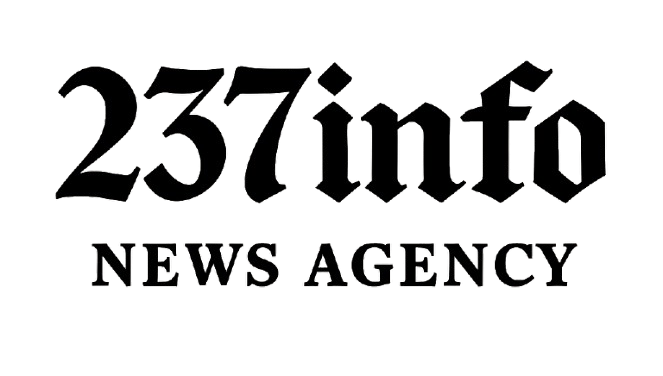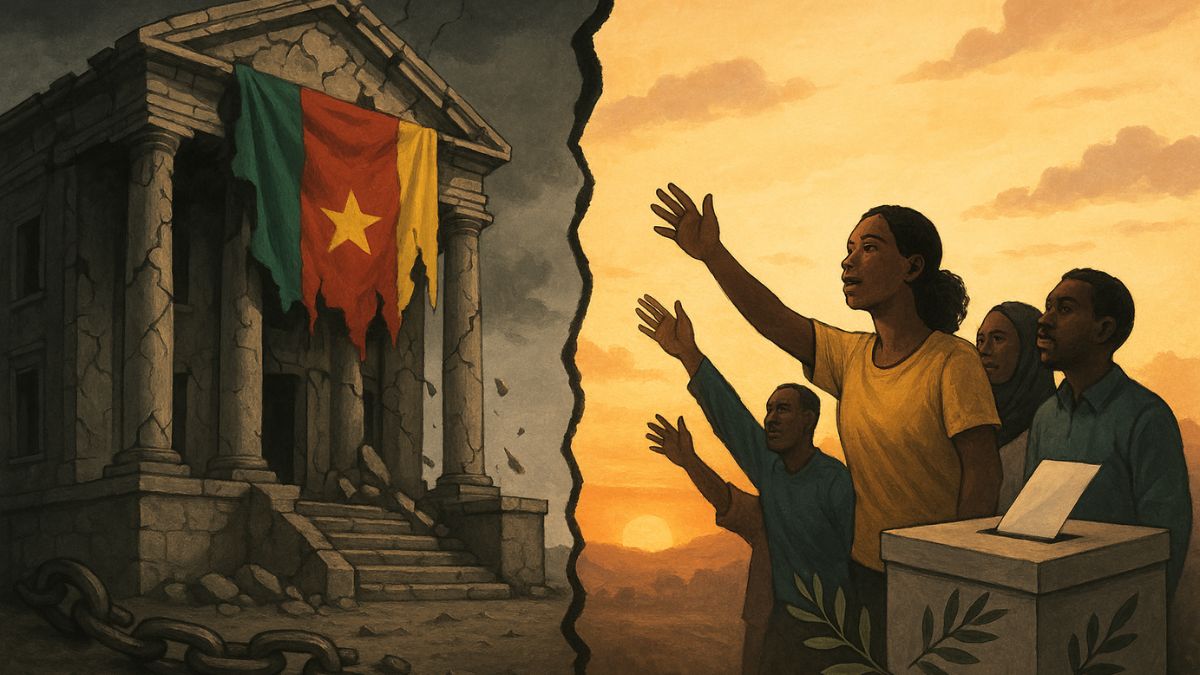Cameroon, a Central African nation with immense cultural diversity and significant natural resources, has long been described as a country rich in potential but hampered by political stagnation. Since gaining independence in 1960, Cameroon has experienced relative political stability—at least on the surface. But beneath that calm lies a web of systemic issues, ranging from centralized power structures and electoral controversies to ethnic tensions and corruption.
As the country approaches the 2025 presidential elections, one question looms large in the minds of citizens, observers, and political actors alike: Is Cameroon ready for political reform? This blog post explores the factors that suggest a readiness for change, the barriers that continue to hold reform back, and the prospects for a more democratic and accountable governance system in the near future.
A History of Limited Reform
Cameroon’s post-independence political evolution has been marked by authoritarian consolidation. After a brief experience with multiparty politics in the early 1960s, the country moved toward a one-party state in 1966 under the Cameroon National Union (CNU), later rebranded in 1985 as the Cameroon People’s Democratic Movement (CPDM) under President Paul Biya.
Although multiparty democracy was restored in 1990 due to internal and external pressure, the political system remained heavily skewed in favor of the ruling elite. The CPDM has dominated every election since, often under allegations of fraud, voter suppression, and institutional manipulation. Political reforms since then have been cosmetic rather than transformative, aimed more at preserving the status quo than addressing the structural flaws in the democratic process.
Signs of Readiness: Emerging Pressures and Public Sentiment
Despite decades of political inertia, several indicators suggest that Cameroon may be approaching a tipping point:
1. Youth Engagement and Civic Activism
Over 60% of Cameroon’s population is under the age of 35. Frustrated by unemployment, corruption, and lack of political inclusion, young Cameroonians are increasingly taking part in civic activism and digital advocacy. Movements such as #BringBackOurInternet during the Anglophone internet shutdowns in 2017 and student protests on university campuses reflect a growing desire among youth to participate in political discourse.
Social media platforms have become powerful tools for raising awareness, exposing wrongdoing, and mobilizing action. This tech-savvy generation is better informed, more vocal, and increasingly unwilling to accept the status quo.
2. Opposition Mobilization
While fragmented, the Cameroonian opposition has seen new energy in the past decade. The Cameroon Renaissance Movement (MRC), led by Maurice Kamto, emerged as a formidable force in the 2018 elections, galvanizing large crowds and challenging the electoral outcome. Parties like the Social Democratic Front (SDF), Union of Socialist Movements (UMS), and PURS have also raised issues around electoral reforms, decentralization, and governance.
Although these parties face repression and internal divisions, their resilience suggests a growing appetite for change among segments of the population.
3. International and Economic Pressures
Cameroon’s economic dependence on international partners has made it more susceptible to external influence. The International Monetary Fund (IMF) and World Bank have tied financial aid and development programs to governance reforms. Recent IMF recommendations include strengthening anti-corruption measures, increasing public financial transparency, and improving decentralization.
With growing debt and inflationary pressures, the government may find itself compelled to implement meaningful reforms to maintain donor support and economic stability.
Barriers to Political Reform
While signs of readiness exist, a number of entrenched obstacles continue to hinder genuine political reform in Cameroon:
1. Entrenched Presidential Power
President Paul Biya, now in his 90s, has ruled Cameroon since 1982, making him one of the longest-serving leaders in the world. The 2008 constitutional amendment that removed presidential term limits entrenched his grip on power and signaled a clear resistance to democratic evolution.
The presidency wields disproportionate authority over the judiciary, security services, and electoral commission, making meaningful reform difficult without executive endorsement.
2. Weak Institutions
Cameroon’s democratic institutions—including the Elections Cameroon (ELECAM) electoral body, judiciary, and Parliament—are widely viewed as lacking independence. Political patronage and central control limit their effectiveness, particularly when it comes to ensuring fair elections, enforcing the rule of law, and holding power to account.
In such an environment, opposition voices are often marginalized, and civil society organizations face censorship and legal hurdles.
3. The Anglophone Crisis
The ongoing conflict in the Northwest and Southwest regions—home to the country’s English-speaking minority—poses a significant barrier to reform. What began as peaceful protests over marginalization in 2016 escalated into armed separatist violence after government crackdowns.
This crisis has deepened political divisions and shifted government priorities toward security and military expenditure rather than inclusive dialogue or structural reform. Any comprehensive political reform will need to include solutions to the Anglophone question, including possible federalism, language rights, and regional autonomy.
4. Fragmented Opposition and Electoral Apathy
While opposition parties are increasingly vocal, they remain fragmented and often fail to unite around a common strategy. Boycotts, conflicting ideologies, and leadership rivalries have weakened their ability to form a viable alternative to the CPDM.
Additionally, years of electoral manipulation and disenfranchisement have led to voter apathy. Many Cameroonians no longer believe that their votes can bring about change, which further entrenches the current system.
What Would Meaningful Political Reform Look Like?
For Cameroon to transition toward a more inclusive and democratic system, several reforms would be critical:
- Reinstating Presidential Term Limits: This would restore public trust in leadership rotation and set a precedent for accountability.
- Reforming ELECAM: Making the electoral commission truly independent could ensure fairer elections and reduce post-election tensions.
- Decentralization: Granting more autonomy to regional governments, as prescribed in the 1996 Constitution but not fully implemented, would enhance local governance and reduce ethnic tensions.
- Judicial Independence: Strengthening the judiciary would allow for better enforcement of laws and protection of human rights.
- National Dialogue: A credible, inclusive dialogue addressing the Anglophone crisis is essential for national unity and democratic development.
Conclusion: Is Cameroon Ready for Political Reform?
So, is Cameroon ready for political reform? The answer is both yes and not yet. The desire for reform is palpable among youth, civil society, and parts of the opposition. The socio-economic realities and international pressures are also aligning in ways that favor change.
However, political will remains the biggest obstacle. Without commitment from the ruling elite to allow for institutional restructuring and genuine dialogue, reforms may remain superficial. That said, history has shown that even the most entrenched systems are not immune to change when public pressure, international influence, and leadership transitions converge.
As the country moves toward the 2025 elections, the opportunity for a turning point is real—but only if all stakeholders, including citizens, politicians, and global partners, push for reform not just in words, but in action.

